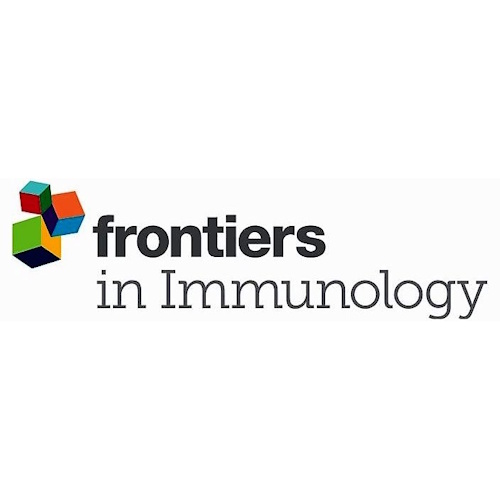The COVID-19 pandemic has not only transformed our lives but has also given scientists worldwide a unique glimpse into a novel research domain - biological ageing. As you read this, research labs across the globe are buzzing with activity as scientists try to unravel a peculiar mystery: the intricate link between COVID-19 and biological ageing.
Time, Ageing, and You
What is age? Is it merely the passing years marked off your calendar, or is it something deeper, more complex, woven into the very fabric of our DNA?
Scientists divide age into two types, chronological and biological. While chronological age is simply the number of years you've been alive, biological age is a whole different ball game. This measures how well we're doing physically compared to others our age. It takes into account a host of factors such as lifestyle, health conditions, and even changes on a molecular level like DNA methylation and telomere length.
Tick Tocking Epigenetic Clocks
Here's where it gets interesting. Scientists have developed tools called epigenetic clocks to measure biological age using DNA methylation patterns.
One such tool, the Horvath clock, can predict age-related health outcomes by using 353 CpG sites. There are even newer clocks like the PhenoAge and GrimAge, which use additional health parameters to measure biological age and predict disease risk more accurately.
The plot thickens when COVID-19 enters the scene. Several studies show that COVID-19 can speed up our biological clocks. In fact, one study found that COVID-19 survivors showed an increase in biological age by roughly 5.25 years. This acceleration was detected using various epigenetic clocks, hinting at a significant influence of the virus on our ageing process.
Telomeres: Little Protectors with a Big Role
Now, let's talk about telomeres. Picture them as tiny caps at the ends of your DNA strands, protecting your chromosomes from damage. But here's the rub - they shorten each time a cell divides.
This continuous shortening links to ageing and cell dysfunction. And COVID-19, the uninvited guest, seems to expedite this shortening. This has led to severe disease outcomes in COVID-19 patients.
Research Conundrums and Revelations
Research evidence repeatedly points to COVID-19 as an accelerant of biological ageing. Epigenetic clocks, which measure biological age based on DNA methylation patterns, show a significant increase in biological age in COVID-19 patients, particularly among those with severe disease.
This suggests that the virus may expedite ageing processes, potentially leading to earlier onset of age-related conditions. However, like any good mystery, there are curveballs. Some studies haven't found significant acceleration in biological age. What gives? Well, variances in study design, sample sizes, and severity classifications could result in these differing outcomes.
For instance, differences in the demographic characteristics of participants, the timing of biological age assessments, and the specific epigenetic markers used can all influence the results.
Hence, there's a pressing need for standardized methodologies across studies to draw more definitive conclusions. By harmonizing approaches, researchers can better understand the long-term impacts of COVID-19 on biological ageing and develop strategies to mitigate these effects.
A Healthy Future at Stake
This delicate dance between COVID-19 and biological ageing is more than just scientific curiosity. It holds massive implications for public health, with the potential to revolutionize how we approach disease management and prevention.
Understanding this relationship could help us identify high-risk individuals, allowing for targeted and timely interventions to improve health outcomes.
It's like having a secret weapon that aids in managing COVID-19 complications and possibly other age-related diseases. By delving deeper into this connection, we can develop strategies to not only fight the current pandemic but also enhance overall health and longevity.
The Last Word
The COVID-19 pandemic has thrown light on the complex interaction between infectious diseases and biological ageing. It's clear that the virus speeds up the biological clock, impacting epigenetic markers and telomere length. As we move forward, it's crucial to delve deeper into the implications of COVID-19 on biological ageing to boost public health outcomes.
The question remains - are we ready to face the tick-tock of our biological clocks?
The study was led by Yosra Bejaoui from Hamad bin Khalifa University and published in Frontiers in Immunology.





